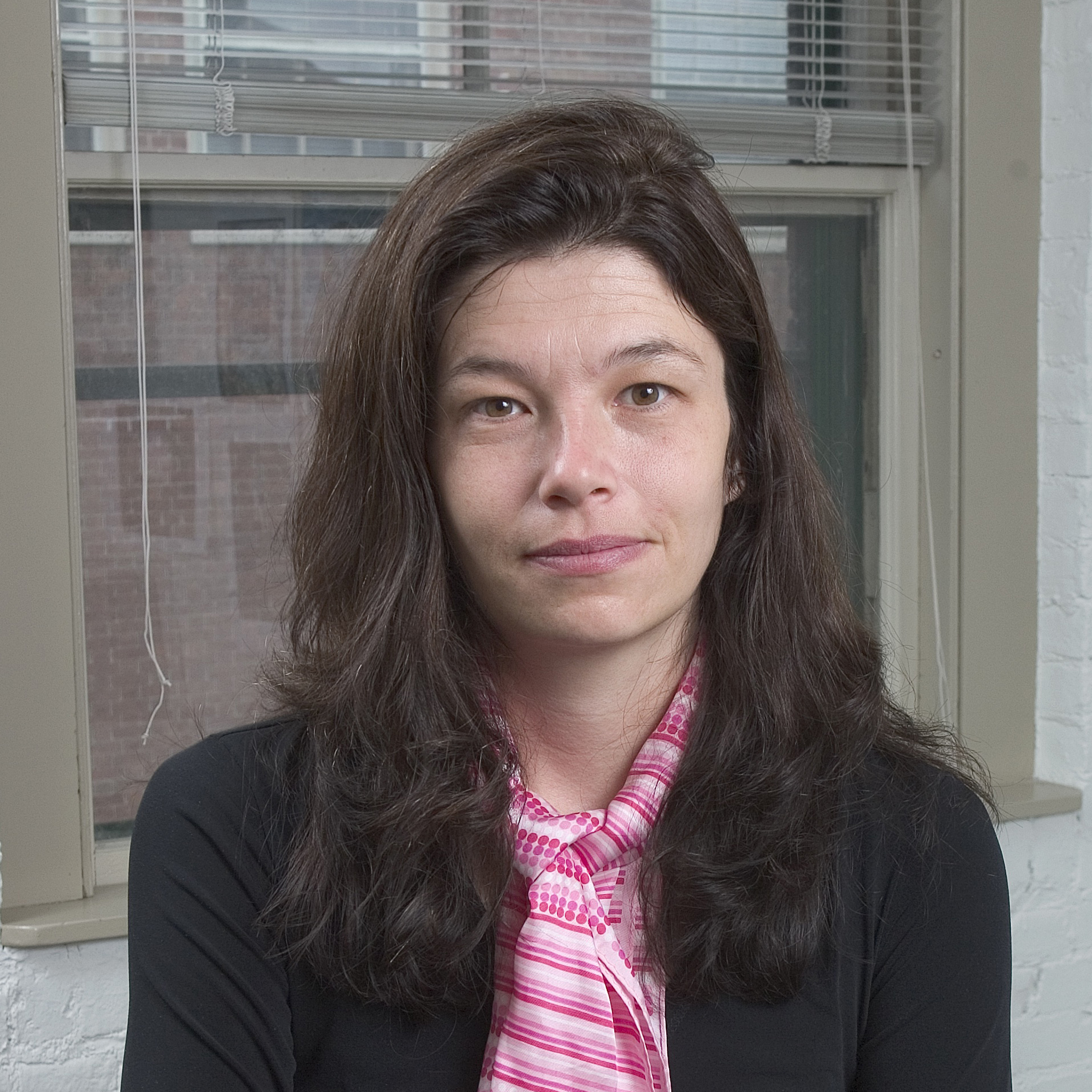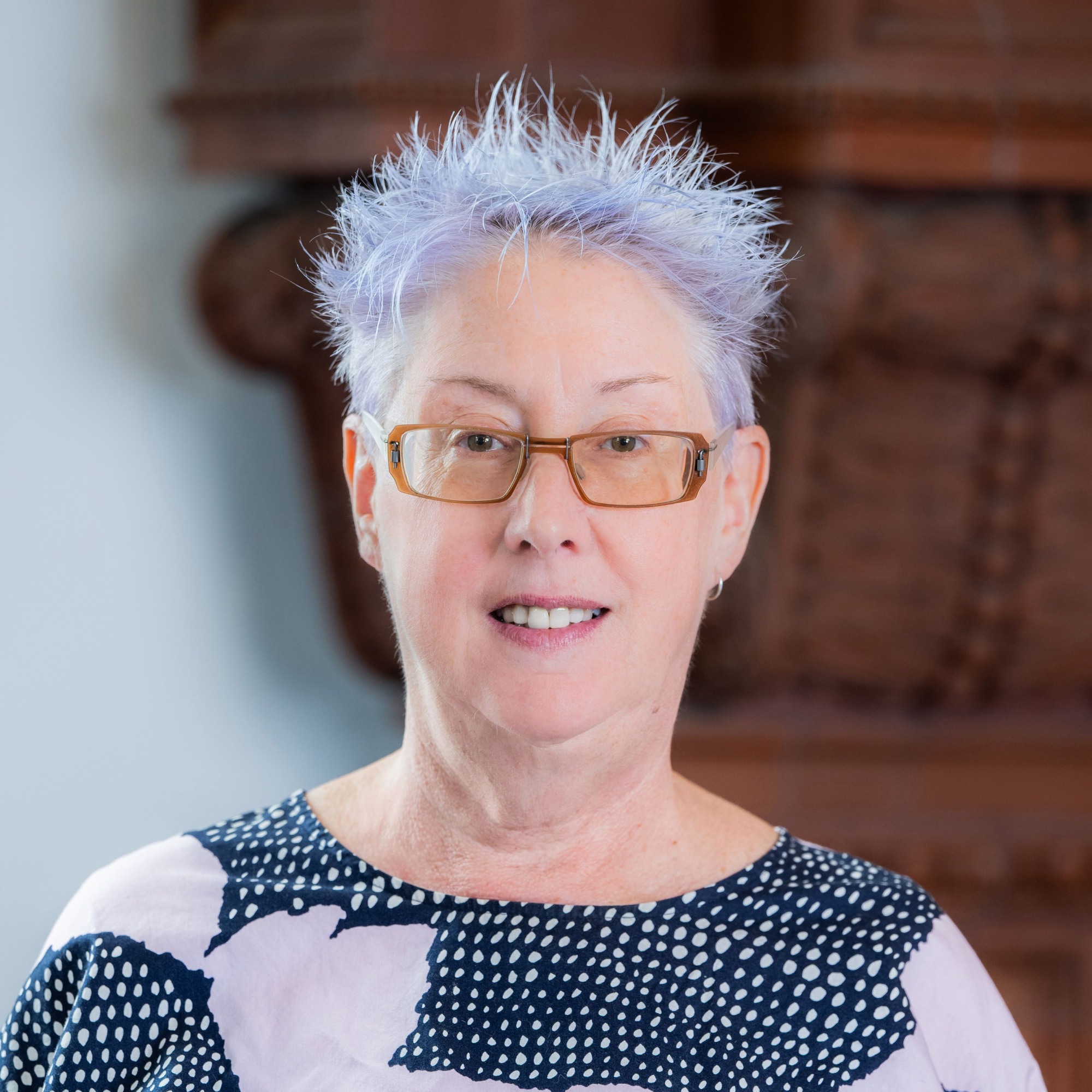Retrospectation: Re-Viewing Media Against AIDS
February 26-March 2, 2024
FILM | PANEL | EXHIBITION
A film screening and week-long exhibition creating dialogue between the past and present, art and politics, creative and scholarly work against AIDS.
Retrospectation: Re-Viewing Media Against AIDS
February 26-March 2, 2024
FILM | PANEL | EXHIBITION
A film screening and week-long exhibition creating dialogue between the past and present, art and politics, creative and scholarly work against AIDS.
An IGNITE Series Campus Project
Curated by Patricia Ybarra (Professor, TAPS) and Lynne Joyrich (Professor, MCM; Director, LGBTQIA+ Thinking Initiative – Pembroke Center)
February 26, 2024, 5 PM
Film Screening of Father Was a Peculiar Man (the 1990 play by Reza Abdoh), preceded by a reception and followed by a panel discussion: Patrick Anderson, Joshua Chambers-Letson, Max Johngren, Gwen Pasquarello, Tony Torn
-
Martinos Auditorium, Granoff Center for the Creative Arts
February 26-March 2, 10 AM-6 PM Daily
Exhibition of artist/activist videos
-
Granoff Center for the Creative Arts, Levels 2-5
A collaboration with the LGBTQIA+ Thinking Initiative of the Pembroke Center for Research and Teaching on Women and the Brown Arts IGNITE Series
Top image: Marlon Riggs, Anthem, 1991
Film Screening and Panel
February 26, 2024, 5 PM
Martinos Auditorium, Granoff Center for the Creative Arts
The Pembroke Center and Brown Arts IGNITE present a screening of the 2022 film of Father Was a Peculiar Man, a deconstruction of The Brothers Karamazov presented in 1990 in New York's meatpacking district as a sprawling pageant. Produced by the experimental, site-specific theatre company En Garde Arts, Father Was a Peculiar Man was directed by Reza Abdoh (a queer Iranian experimental theater director who died of an AIDS-related illness). A reception and screening will be followed by a panel discussion with local and visiting scholars, and an exhibit of artist/activist videos screened throughout the Granoff Center including works by Patricia Benoit, Peter Biella and Frances Negrón, DIVA TV, John Greyson, Barbara Hammer, Scarlot Harlot, Isaac Julian, Tom Kalin, Stashu Kybartas, Marlon Riggs, Ellen Spiro, and Youth Against Monsterz.
Check out the Online Full Film Screening and Panel Program
Exhibition
February 26-March 2, 10 AM-6 PM Daily
Granoff Center for the Creative Arts, Levels 2-5
Utilizing multiple floors of Brown’s Granoff Center for the Creative Arts, this exhibition both looks back and imagines possible futures that are not yet determined, engaging with bodies of work of liberational ancestors and elders to imagine new modes of living. As we have been living through the COVID-19 pandemic, our thoughts have returned to the AIDS pandemic—considered “over” by some even as it continues greatly to impact the lives of those in queer, immunocompromised, poor, Global South, and other minoritized communities. This exhibit of artists, activists, educators, and media collectives from the late 1980s videos (including works by Patricia Benoit, Peter Biella, and Frances Negrón, DIVA TV, John Greyson, Barbara Hammer, Scarlot Harlot, Isaac Julian, Tom Kalin, Stashu Kybartas, Marlon Riggs, Ellen Spiro, and Youth Against Monsterz) allows for a “retro-speculation” and “retro-spectation” of performance and media work against AIDS. In other words, we hope to create a dialogue between the past and present, art and politics, and creative and scholarly work. Through the retrospection, speculation, and spectatorship that this project can engender, we hope to provide perspectives on ways of imaging and imagining, engaging and re-mediating the challenges of living through and with pandemics marked by gender, race, class, and global difference.
About the Curators

Patricia Ybarra (she/her) is Professor in the Department of Theatre Arts and Performance Studies at Brown University. She is the author of Performing Conquest: Five Centuries of Theatre, History and Identity in Tlaxcala, Mexico (Michigan, 2009), co-editor with Lara Nielsen of Neoliberalism and Global Theatres: Performance Permutations (Palgrave Macmillan, 2012; paperback 2015), and Latinx Theatre in Times of Neoliberalism (Northwestern University Press, 2018). She is currently working on a digital humanities project on Reza Abdoh’s Father Was a Peculiar Man and a monograph on Abdoh and the development of queer theory. She is the former President of ATHE and the recipient of Brown’s graduate mentoring award. She is also this year’s chair of the Pembroke Seminar: De-colonial Retrospeculation.


Brown Arts’ IGNITE Series uplifts the spirit of artistic collaboration across Brown, Providence, the Rhode Island region, and beyond. Ignite your creative curiosity through this multi-year series of programs, activations, interventions, and investigations.